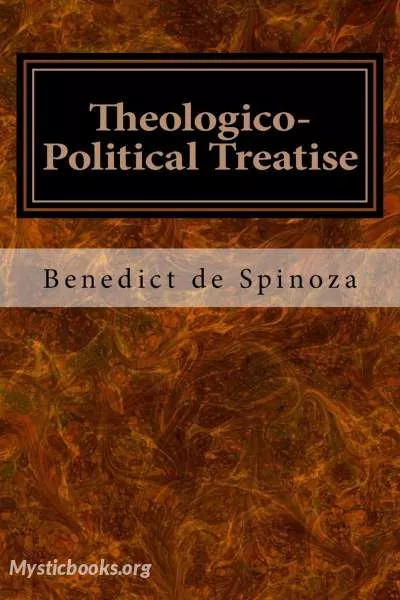
A Theologico-Political Treatise
'A Theologico-Political Treatise' Summary
In the treatise, Spinoza put forth his most systematic critique of Judaism, and all organized religion in general. Spinoza argued that theology and philosophy must be kept separate, particularly in the reading of scripture. Whereas the goal of theology is obedience, philosophy aims at understanding rational truth. Scripture does not teach philosophy and thus cannot be made to conform with it, otherwise the meaning of scripture will be distorted. Conversely, if reason is made subservient to scripture, then, Spinoza argues, "the prejudices of a common people of long ago... will gain a hold on his understanding and darken it."
Spinoza argued that purportedly supernatural occurrences, namely prophecy and miracles, have in fact natural explanations. He argued that God acts solely by the laws of his own nature and rejected the view that God acts for a particular purpose or telos. For Spinoza, those who believe that God acts for some end are delusional and projecting their hopes and fears onto the workings of nature.
Book Details
Language
EnglishOriginal Language
PortugesePublished In
Authors
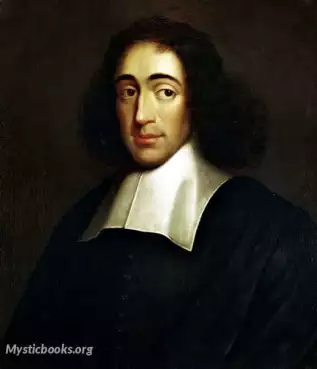
Benedict de Spinoza
Dutch Republic
Baruch (de) Spinoza was a Dutch philosopher of Portuguese Sephardi origin. One of the early thinkers of the Enlightenment and modern biblical criticism, including modern conceptions of the self and th...
Books by Benedict de SpinozaDownload eBooks
Listen/Download Audiobook
- Select Speed
Related books
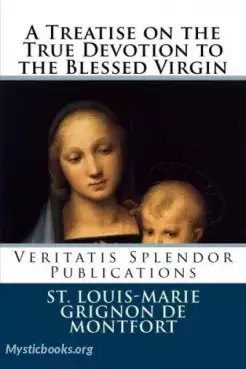
A Treatise on the True Devotion to the Blessed Virgin by St. Louis de Montfort
True Devotion to Mary is a treatise of what it means to have devotion to Our Lady. Montfort goes through the various aspects of this devotion explaini...

Greek Athletics by Frederick Adam Wright
The history of Greek athletics as it pertains to the Olympics. Describes various activities such as boxing, wrestling, etc. and accounts from witnesse...
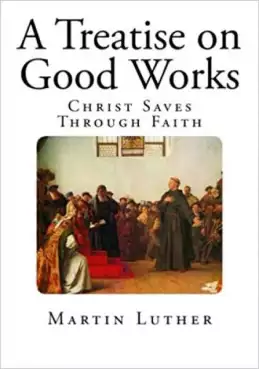
A Treatise on Good Works by Martin Luther
In this exposition of the Ten Commandments, Martin Luther attempts to build a bridge between justification by faith and the life of the Christian mani...
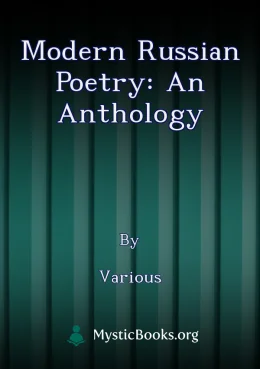
Modern Russian Poetry: An Anthology by Various
This book presents a diverse selection of Russian poems from the past century, translated into English. The editors focused on choosing poems for the...
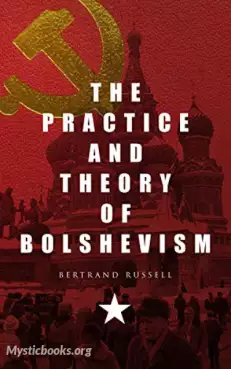
The Practice and Theory of Bolshevism by Bertrand Russell
This book records Bertrand Russell's impressions of the new regime after a 1920 visit to Russia following the 1917 Bolshevik Revolution, including his...
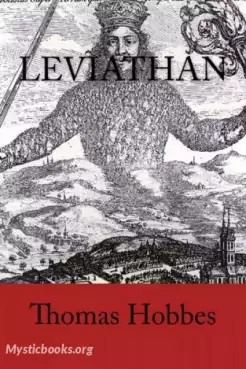
Leviathan, or The Matter, Forme and Power of a Common Wealth Ecclesiasticall and Civil by Thomas Hobbes
Leviathan or The Matter, Forme and Power of a Commonwealth Ecclesiasticall and Civil, commonly referred to as Leviathan, is a book written by Thomas H...

Main Street by Joyce Kilmer
“Main Street” is a collection of poems by Joyce Kilmer, known for his celebration of the natural world and his Roman Catholic faith. Kilmer's poems a...
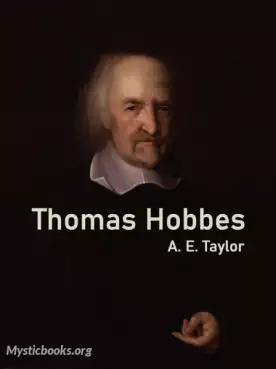
Thomas Hobbes by A. E. Taylor
This work is a look at the life and ideas of Thomas Hobbes, English philosopher of the seventeenth century. The most important ideas are found in his...
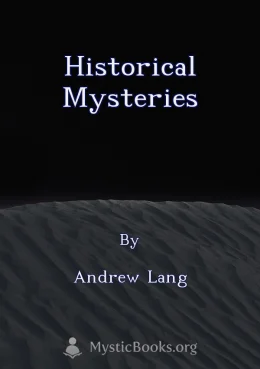
Historical Mysteries by Andrew Lang
This book, compiled by Andrew Lang, delves into a captivating collection of historical mysteries, exploring infamous unsolved cases from across the ag...

The Prince by Niccolò Machiavelli
Machiavelli has created a ruthless guide on how to rule the country in his volume "The Prince". The book is dedicated to Lorenzo De Medici, the ruler...
Reviews for A Theologico-Political Treatise
No reviews posted or approved, yet...